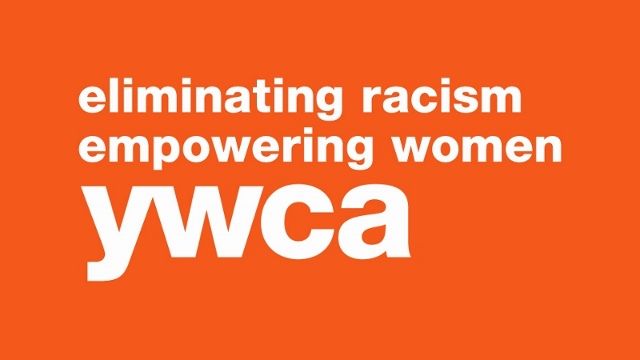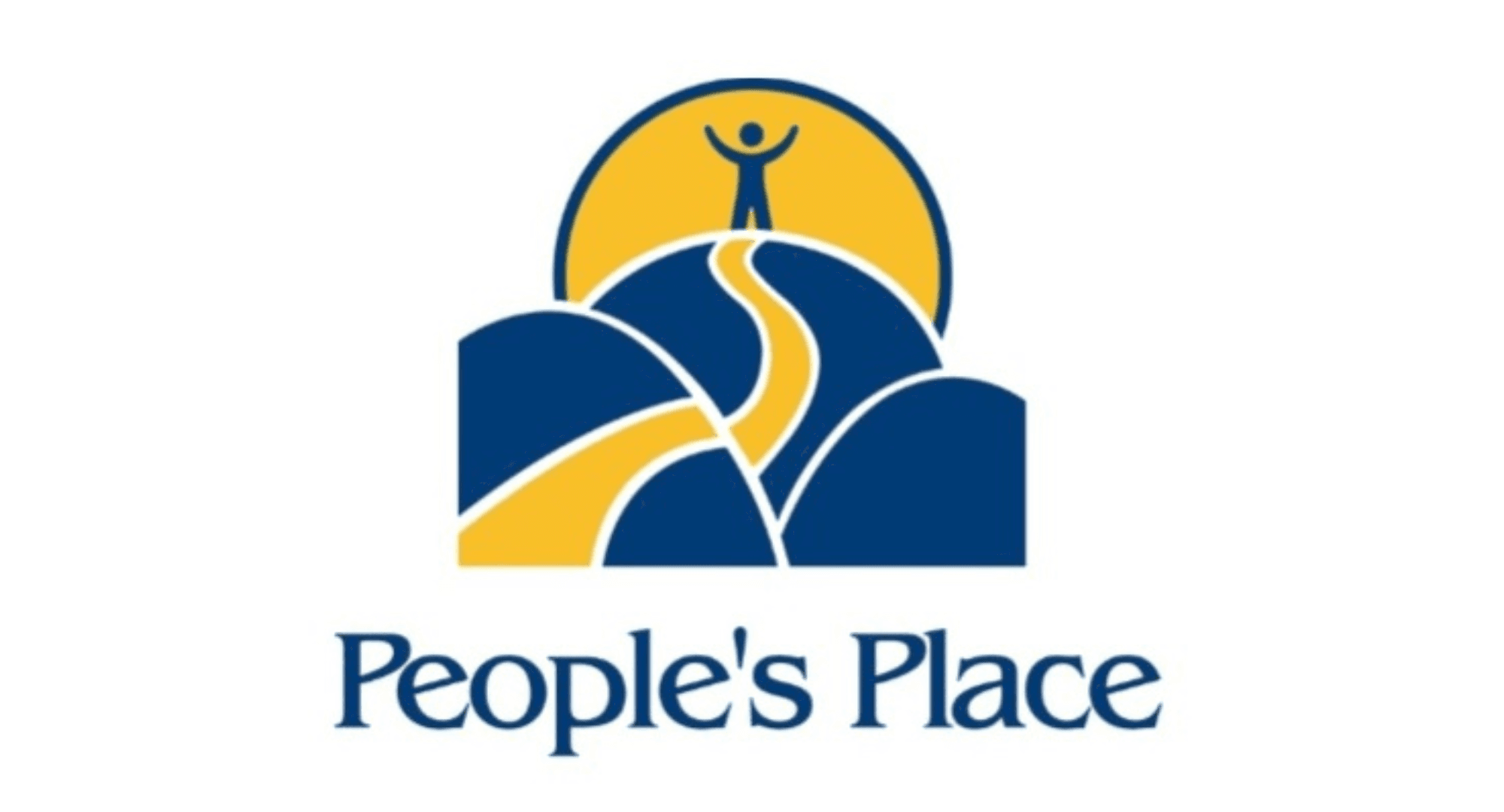Dating 101: Questions from Teens

Katie Miller, DELTA Project Coordinator, Turning Point at People's Place
My work providing students with healthy relationships and consent education through the REAL Relationships curriculum has led me to have many meaningful discussions with teens about their relationship norms. While some adults tend to think that teens are uncomfortable talking about relationships, I’ve found the complete opposite to be true. Teens want to know how to navigate relationships and are open to having these conversations!
Below are some common questions I’ve received from students in the past. Take a look if you or a friend might have some of the same questions:
What’s healthy or unhealthy in a relationship if I’m LGBTQ+?
Relationships should be based on mutual respect, equality, acceptance, and love. This applies to ALL relationships—regardless of your gender or sexual identity—including friendships! However, there are some behaviors specific to LGBTQ+ relationships that are abusive:
- Threatening to out the other person to friends/family
- Purposefully misgendering them/deadnaming them
- Not allowing the person to access medication (such as hormone blockers, testosterone, or estrogen)
- Making fun of the person’s gender/sexuality
What do I do if my partner is hanging out with someone I think has a crush on them? It makes me uncomfortable and jealous.
Jealousy is a normal emotion that comes up for everyone at some point in their lives. How we respond to that uncomfortable feeling of jealousy determines if we’re reacting in a healthy or unhealthy way.
The healthy response would be talking to your partner calmly about how you’re feeling. Being vulnerable about your feelings can be awkward, but it’s important to talk about. Maybe you’re nervous about losing them, or maybe you just need some reassurance. Either way, keep the conversation respectful and avoid telling them who they can hang out with, making accusations, or yelling. Relationships are about trust. Trust is built from talking about difficult things and finding a solution together.
Is it okay if I go through my partner’s phone if they’ve cheated or if I think they’re cheating?
The short answer is no. Everyone is entitled to their privacy, even in relationships. That privacy is still allowed even if one partner cheats on the other.
With that being said, cheating is a major violation of trust, respect, and boundaries. It can cause a lot of pain for the partner who is being cheated on, and it is definitely an unhealthy behavior. However, a partner violating our boundaries doesn’t give us the right to violate theirs.
After a partner cheats, it can be really hard to trust them again. You have to decide if this is something you can truly forgive your partner for, or if it's a dealbreaker. No matter what you choose to do—stay together or break up—it’s not okay to control or monitor your partner as a way to “rebuild trust” by checking their phone or tracking their location. If you find yourself wanting to resort to these unhealthy “solutions,” it may be a sign that it’s time to end the relationship.
What do I do if someone I rejected won't leave me alone?
If you rejected someone—whether it was a breakup or just saying no to a date—and they keep messaging you, showing up after school or to your house “to talk,” or don’t respect any of your boundaries when you’ve told them to leave you alone, this is not okay. This is a form of harassment and could even cross the line into stalking.
If you’re feeling uncomfortable or unsafe, it’s important to tell a trusted adult about what’s going on. They’ll be able to notify the school about this (especially if the person harassing you goes to the same school as you) and take protective action. Contacting the police is another option if the person becomes more threatening and if you’re comfortable with law enforcement being involved.
Whatever you decide to do, it’s important to create a safety plan. Think of people you trust to confide in, safe places you can go to, and any other ways to stay safe both physically and emotionally.
How do I feel less anxious in a relationship? I need a lot of reassurance, but I know that can be overwhelming for my partner.
Ask yourself why you’re feeling anxious about the relationship. Does your partner do things to make you feel bad about yourself or question your self-worth? If so, it might be time to reevaluate if that’s the kind of partner you want.
Or is the anxiety coming from an insecurity or fear within yourself? In this case, it’s important to be kind to yourself and remind yourself of your positive qualities. Your partner is with you for a reason: because you’re smart, funny, talented, and so much more. Loving yourself is the foundation for having healthy, loving relationships with others. Talk to your partner about how you’re feeling and how they can help you feel more secure in the relationship. Understanding your attachment styles and primary love languages can help you better understand each other’s needs.
Hopefully, these answered some of the questions you, a friend, or a teen in your life might have had about healthy relationships. Are you interested in bringing a REAL Relationships presentation to your classroom, club, or community organization? Email tp@peoplesplace2.com to set up a presentation!
February is Teen Dating Violence Awareness Month. To stay up to date on awareness events and to learn more about healthy relationships for teens, check out Love Is Respect.




